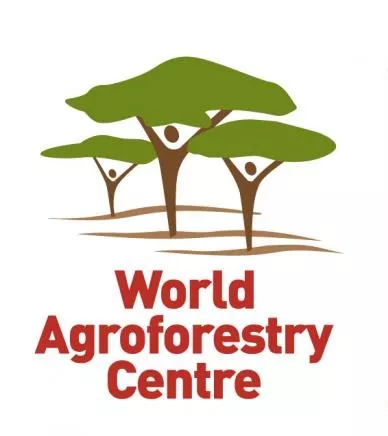World Agroforestry Centre (ICRAF) : Post Doctoral Fellow – Social-Ecological Systems Modeling
About our organization
The World Agroforestry Centre (ICRAF) is a center of scientific excellence that harnesses the benefits of trees for people and the environment. Leveraging the world’s largest repository of agroforestry science and information, we develop knowledge practices, for farmers’ fields to the global sphere, to ensure food security and environmental sustainability.
ICRAF’s headquarters are based in Nairobi, Kenya, and we operate six regional programmes in Sub-Saharan Africa, Asia and Latin America. Our vision is an equitable world where all people have viable livelihoods supported by healthy and productive landscapes. Our mission is to harness the multiple benefits trees provide for agriculture, livelihoods, resilience and the future of our planet, from farmers’ fields through to continental scales.
ICRAF is the only institution conducting globally significant agroforestry research in and for all the developing tropics. Knowledge produced by ICRAF allows governments, development agencies, and farmers to use the power of trees to make farming livelihoods more environmentally, socially and economically sustainable at scales.
To learn more about our organization, please visit our website: www.worldagroforestry.org
About the position:
A two-year Post-Doctoral position is available within the GeoScience Lab of the World Agroforestry Centre (ICRAF). We are seeking candidates with a strong background in ecology, complexity theory and spatial modeling of dynamic systems, and with an interest in the dynamics between social and ecological systems in landscapes. The dynamics between human and natural systems is emerging as an important topic for international development, particularly in the context of land degradation, climate change, land restoration and the resilience of social-ecological systems.
The main focus of this position will be on spatiotemporal interactions between social and ecological processes, applying data from systematic biophysical field surveys and socioeconomic data at household and village scales, for example to understand drivers of land degradation. The position may also focus on payments for ecosystem services in the context of land degradation and restoration of degraded lands, depending on the interests and background of the candidate.
Work tasks:
The successful candidate will work as part of an interdisciplinary international team, playing a key scientific role in integrating social and ecological science theories and methods. Specific tasks:
- Conduct research on approaches and methods for collection and analysis of unstructured socioeconomic survey data (e.g. voice data and data transcribed from conversations).
- Conduct research on socioeconomic drivers of land degradation, including model development for selected socialecological linkages, applying these to systematically study implications for ecosystem services and human wellbeing.
- Contribute to projects that apply earth observation big data analytics with particular emphasis on analysis and diagnostics from integrated social and ecological datasets.
- Contribute to ICRAF land restoration research projects and initiatives through scientific and analytical support.
- Development of manuscripts for publication in high impact scientific journals.
- Supervise students when/where relevant.
- Contribute to fund raising within the GeoScience Lab and across the rest of ICRAF.
- Contribute to training and stakeholder engagement workshops.
- Contribute to capacity development within ICRAF, particularly in the use of R in the analysis of socio-ecological datasets.
Required Qualification:
- PhD in quantitative social sciences or ecology.
- Background in statistics, computational sociology, systems science or a related field.
- Advanced R and/or Python programming skills, including multivariate analysis and (preferably) a background in text mining and the analysis of unstructured data.
- Experience with the development and application of relational database systems a plus.
Terms of offer:
- We offer a collegial, diverse and gender-sensitive working environment, and we encourage applications from qualified women. This position is remunerated on International Terms. The appointment will be for an initial period of two (2 ) years, subject to a nine (9) months’ probation period.
How to apply:
- Interested candidates who meet the above qualifications and experience should email their CVs and cover letter to HumanResources@cgiar.org, not later than 30 July 2018. Please attach your cover letter and CV/Resume (as one document – labelled with your First Name and Last Name) with the positions title as the subject line of the email.
Only short-listed applicants meeting the above requirements will be contacted.
